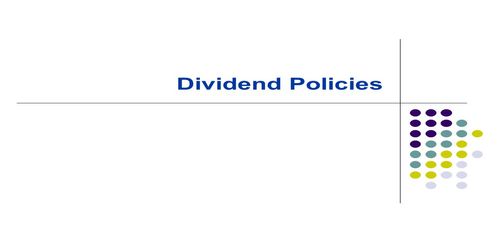Personal finance is the process of budgeting and saving for one's own needs and goals in life. Your financial well-being is affected by every action and decision you make. We must regularly ask ourselves what we might do to improve our financial situation. In this article, we'll go over five general principles of personal finance that will help you begin on the right path toward your financial objectives, whatever they may be.
Calculate Your Wealth and Spending Habits

The flow of money is constant. This is the extent of many people's knowledge regarding their financial situation. Instead of leaving your financial future up in the air, a little math may help you assess where you are financially and plot a course toward your short- and long-term goals.
Estimating Financial Position
Identifying your net worth, or the value of your assets minus your liabilities is a good place to begin. Identifying your assets and debts is the first step in determining your net worth. Then, your net worth is calculated by deducting your debts from your assets.
Your current net worth is a snapshot of your financial situation and will naturally change over time. A one-time assessment of your net worth might be helpful, but the true benefit comes from performing this exercise regularly.
Manage Lifestyle Inflation

People tend to increase their spending as their financial situation improves. People's spending tends to rise in tandem with their incomes, a tendency known as "lifestyle inflation."
Although you may be able to keep up with your monthly payments, maintaining a high living standard might negatively impact your capacity to accumulate money over time. A more considerable discretionary income today does not ensure a higher retirement income in the future, and every extra dollar spent now reduces your savings for the future.
To some extent, it's only average for your outlays to rise as your career, and personal circumstances develop. A new job may require more formal clothing, while a growing family may want additional space in your home.
Be Discerning in Your Expenditures
It's important to distinguish between necessities and luxuries. Food, housing, healthcare, transportation, and a sufficient quantity of clothes are all examples of needs. It's also crucial to save a little bit of money every month, although that depends on whether your other expenses are covered.
The opposite of needs and desires are items you want to have but aren't necessary. It's possible that these expenditures are integral to our everyday lives and, as a result, feel more like necessities than wants. Non-essentials include a morning treat that has become a habit or a streaming service that isn't required for survival.
Save Money Early
It's a common belief that it's never too late to start putting money down for retirement. Although this may be true, the earlier you begin, the better off you will be in your golden years. The effect of compounding is to blame for this.
The success of compounding, which includes reinvesting profits, grows steadily over time. Earnings have higher value and produce more significant returns on investment if left to compound over a more extended period.
Create and Keep an Emergency Fund
Money explicitly saved for times of crisis is called an "emergency reserve." The goal of the fund is to provide financial support for unforeseen expenses. This covers costs like a visit to the emergency room or the mechanic for a broken automobile or a toothache that need immediate attention.
If your income suddenly drops, it might help you keep up with your usual spending. Although the conventional wisdom states that one should have three to six months' worth of living costs stashed away in an emergency fund, the truth is that for many people, this amount would be insufficient to meet an unexpectedly large bill or to weather a temporary reduction in income.
How Do I Establish a Budget?
The first step in developing a budget is to document all of your sources of income and the total amount you get every month. Create a yearly budget with the understanding that some months will be more variable than others. Your household's net savings is the amount left over after all expenses have been paid. You may spend this money on your retirement or emergency fund or on whatever you choose.
The Bottom Line
It's possible to improve your financial situation by following some basic guidelines. However, it's essential to take a step back and look at the broader picture to make choices that will improve financial health in the long run.







